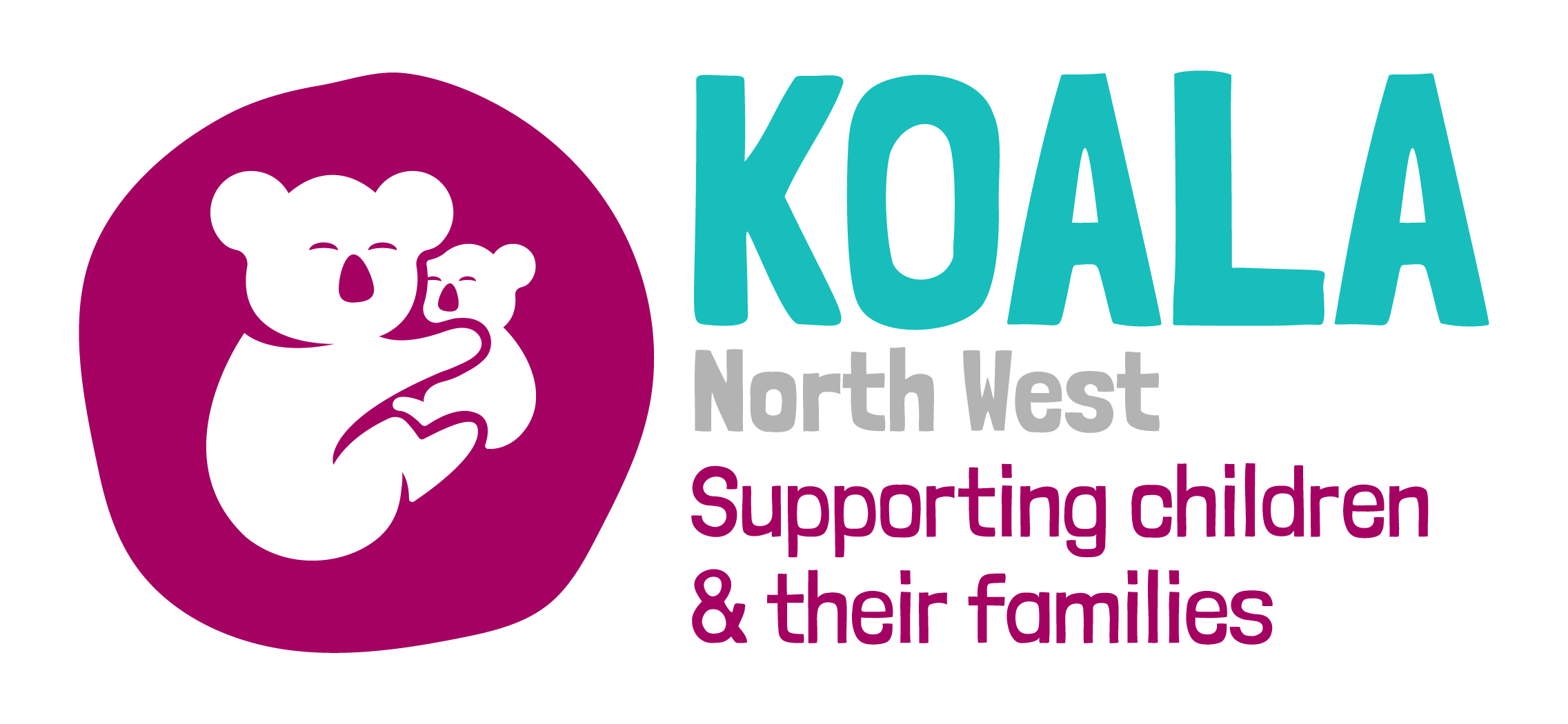
Emotional Barriers to School Attendance
EBSA used to mean 'Emotionally Based School Avoidance'. Feedback from families told us they wanted a term that was more understanding. Emotional Barriers to School Attendance shows an understanding of the difficulties faced by families. It shows that pupils need help and support.
EBSA describes when children feel unable to go to school or lessons. This is due to feeling worried or anxious. EBSA may mean that:
School attendance is difficult.
A child feels unable to go to school. They may even become upset or angry when asked to go to school.
A child may go to school but feel unable to attend lessons.
A child says that they feel unwell or sick. This may be before school or on a Sunday night.
A child finds reasons to want to stay at home.
A child is nervous or worried when going into school or when talking about school.
A child with one or more of these behaviours can be experiencing EBSA. They need extra support to go to school.
-
It is important not to blame children or families when a child feels unable to attend school or lessons. There can be lots of reasons that cause a child to feel this way. There is usually more than one reason and it can quite complicated. Some reasons can be:
A situation in school has made the child feel uncomfortable. For example, an argument with friends or a teacher.
A change in the child’s school. For example, moving to a new school or starting at secondary school.
A change in the child’s home. For example, parents separating or a parent being ill.
The child has a sibling who has or is currently experiencing EBSA.
A child has special educational needs. They may need to be further identified or need more support.
More information on Special Educational Needs and Disability (SEND) is on SENDLO.
-
The language you use is important. Saying a child “refuses” to go to school suggests they are making a conscious choice. The child can feel they are to blame. Saying they are unable to go to school is better. It allows everyone to find solutions that don't make a child feel worse.
Don’t force a child back to school if they are in a state of significant distress. Do not punish or shame them. This will feel more stressful and traumatic.
EBSA is often complicated. Working together in a blame-free way leads to the best results.
School staff, family, and the child or young person need to work together. This helps to identify the barriers or struggles your child is facing. Sometimes, support from other agencies helps too.
Celebrate the small steps your child or young person makes. Celebrate progress and the major milestones.
-
If you think your child is experiencing EBSA, it is important to speak to your child’s school first. Research shows that EBSA is best supported when you work together. Your child’s school can work with you to decide what the next step for support should be.
Supporting your child at home.
Every family and home are unique. Parents and carers need a range of support to suit their home life.
Strong routines
You may need support to promote healthy routines at home. Morning and evening routines are vital to help a child feel ready for school. Information about routines can be found on the Family Toolbox Website.
The Family Toolbox website has information and resources that can help. They have details of resources and support groups at Family Hubs. Both can connect you with other organisations that can help.
Good Sleep
Healthy sleep can be a challenge. Good sleep is key for children and young people. There is lots you can do to help your child have a good sleep routine. It helps a child feel ready for school. You can find information about sleep from these organisations:
Koala Northwest a local charity. On their website you will find the details of training when it is available.
The Sleep Charity website has lots of information and resources. It can help the whole family have healthy sleep.
The Teen Sleep Hub is for teens and young people. The information is designed to be used by them.
Supporting a Child or Young Person in School
School staff consider each child as an individual. It is best to try to identify possible triggers that may be leading to EBSA. For example:
Is there underlying, generalised anxiety? Does it require support?
Is the child getting academic support? Consider whether they have a sense of success in school. Do they get enough support if they struggle?
Does the child have a good friendship circle? Or has there been an incident or breakdown in friendships?
Does the child have a strong relationship with members of staff? This could be their class teacher or support staff.
Does the child have special educational needs? Do school need to identify them?
Wirral’s EBSA Strategy
We have updated our EBSA strategy. The number of pupils who feel they cannot attend school or lessons is rising. Children and young people are more worried or anxious.
We worked with Parent Carer Participation Wirral (PCPW) and gathered the views of,
Schools
Young people
Wirral parents and carers
This helped us to create a mission statement. This mission statement underpins the EBSA strategy.
MISSION STATEMENT
To educate and empower parents, carers, and professionals around emotional barriers to school attendance (EBSA).
To improve the emotional well-being of children, young people, and their families.
What has been achieved
We started using the new approach in January 2024. Here is some of the support that has been available. It has included:
-
Each term there is a one-day training course. All Wirral schools and children’s services teams are able to attend. This training updates them about EBSA research. They learn individualised strategies to support pupils. The training also includes a large set of resources that is free. Schools can contact an Educational Psychologist. This allows them to discuss support in more detail. They can get more information and new training dates.
-
Each term, there is a one-day training course for Wirral parents and carers. The training complements the training staff attend. Families receive information and free resources. It all helps them to support their children. This training uses current research about EBSA. There is a link to download some of this research at the bottom of this page. Parents and carers can find training dates on 'What's On' or PCPW’s Facebook page.
Last year, parents and carers told us what they thought of the training. It was so positive, and they found it so useful. You can find out more by reading this SENDLO News post.
-
School staff network meetings happen every half-term. The meeting is an opportunity to talk as a group and share ideas. The staff can learn how to help children who need more complex support. They can network with other schools and local agencies. School staff develop connections with other professionals. Together, they can support pupils more.
-
The AV1 robot is a small, friendly-looking device. It helps children who can't attend school or engage in lessons. This can be because of illness or other reasons such as EBSA. It acts like their eyes, ears, and voice in the classroom. The child controls the AV1 from home or in school. They do this using a tablet or phone, and the robot sits in their place at school. It lets them see and hear what’s happening and join in by speaking through the robot. This helps them stay connected with their friends and not feel left out. The AV1 is available for Wirral schools to hire. It supports pupils who experience EBSA to feel less anxious. Over time, they can start to take part in learning again.
To find out more about the AV1s, you can go to the Family Toolbox AV1 page
More Information
SENDLO ‘What’s On’ for parent and carer training dates and peer support groups.
Parent Carer Participation Wirral (PCPW) Facebook Page for EBSA Strategy updates, events and training.
You can read more about Greater Manchester’s Barriers to Education WARMTH framework below. This has been used to develop the EBSA training.






